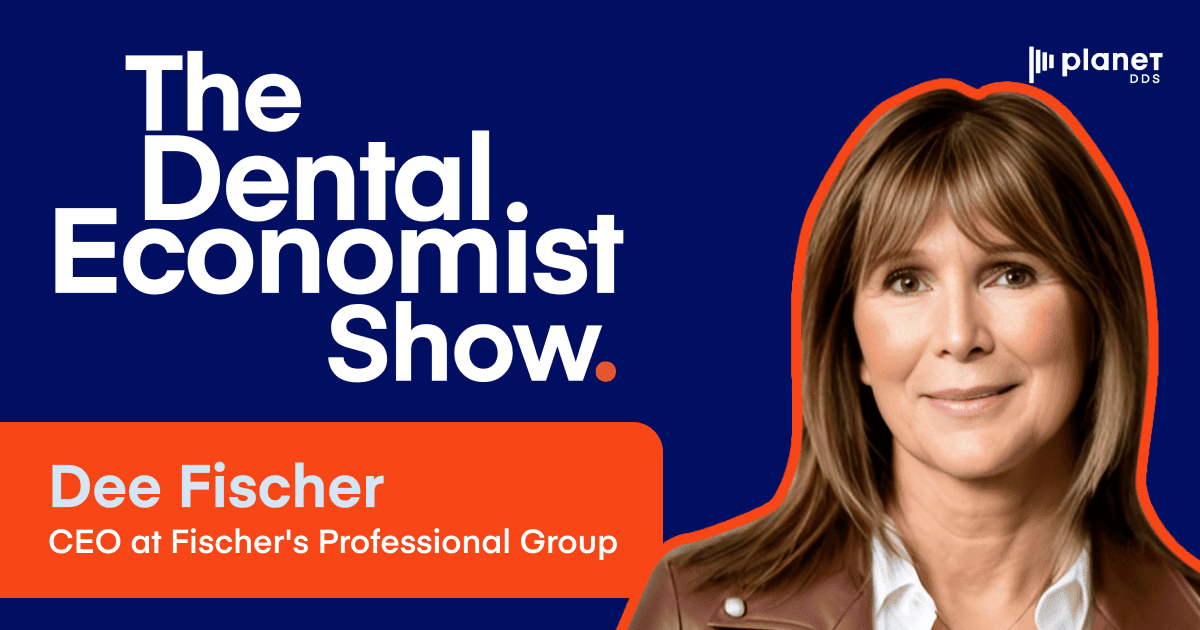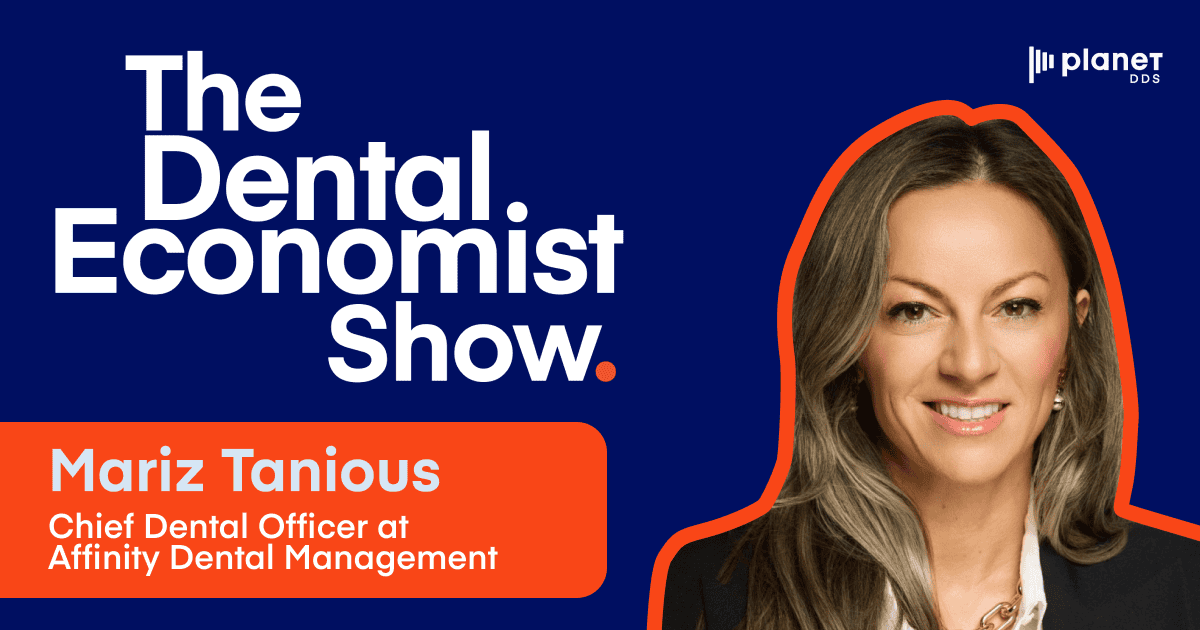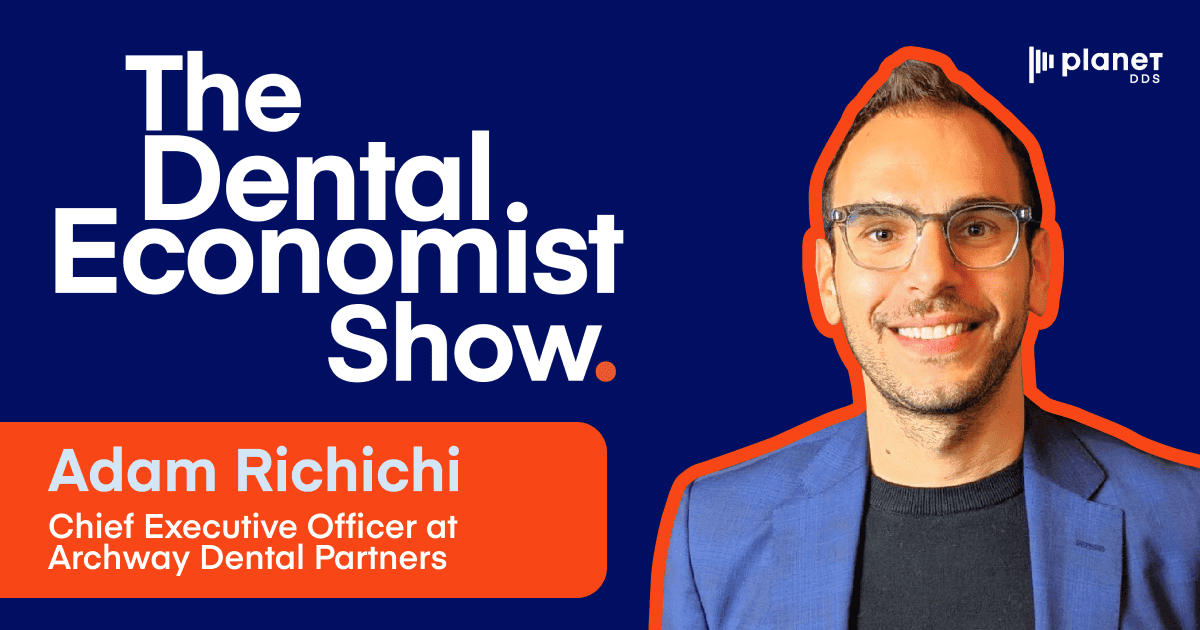Dee Fischer on Improving Efficiency in the Dental Industry

In this episode of The Dental Economist Show, host Mike Huffaker sits down with Dee Fischer, CEO of Fischer’s Professional Group, to discuss different ways to improve efficiency in the dental industry.
Join them as they talk about:
- The DSO sector
- Dee’s journey in the dental industry
- Focusing on inefficiencies rather than just profit
- Dental business growth
- The benefits of standardizing systems
- Efficient workflows
- The potential of AI and analytics in the industry
About the Guest
Dee Fischer is the CEO of Fischer’s Professional Group, a dental consulting firm based in Orlando, Florida. She has decades of experience helping dental practices and DSOs grow and succeed. Fischer’s Professional Group provides a range of services, including strategic planning, business development, team building, and consulting. Dee Fischer is also recognized as a leader and mentor in the DSO industry. In 2023 she won the Women in DSO Leadership Award for Business Excellence.
Episode Highlights
Inefficiencies vs. profit and loss (PNL)
Dee emphasizes the importance of focusing on inefficiencies rather than solely on PNL (profit and loss) performance. She believes that numbers on a PNL can only tell part of the story, and it’s essential to go tactical and examine the office to identify areas of improvement. For example, Dee highlights AR (accounts receivable) issues, noting that despite repeatedly seeing the same figures, the system itself isn’t being fixed, leading to consistent inefficiencies.
She questions why costs like supply expenses remain high or why operational inefficiencies, like poor schedule management, persist. Dee recommends reverse-engineering problems to understand why inefficiencies continue, urging more urgent and thorough problem-solving to address any recurring issues.
Efficient technology systems
Dee discusses the shift towards more integrated and efficient technology systems in the dental industry. She says that previously, it was common to use multiple software solutions, but there’s a growing recognition that standardizing with a single, well-integrated system is far more beneficial. This change is particularly influenced by younger, more tech-savvy providers who prioritize efficiency and prefer streamlined operations.
Dee emphasizes that using one comprehensive system not only enhances operational efficiency but also improves staff retention. She illustrates this by explaining how standardization across multiple offices prevents frustration for team members who may need to work at different locations.
Optimizing schedules
Dee emphasizes the importance of optimizing schedules to align with regional and demographic needs. She provides an example from an office in Florida where Sunday has proven to be the most productive day, contrary to common assumptions. Dee highlights how many practices overlook the potential of Sundays, a day when most dental offices are closed, creating a unique opportunity to capitalize on unmet demand. She explains that, unlike Fridays when families are often busy with events, Sundays see increased dental visits due to the lack of available options elsewhere.
What’s more, Dee points out that offering Sunday shifts appeals to specific demographics, such as single mothers who may have childcare support from a spouse on weekends. Paying a premium for Sunday shifts also incentivizes staff, making it a win-win situation for both employers and employees.
Navigating challenges
Dee emphasizes the importance of maintaining financial discipline and a positive mindset, especially in challenging times. She advises practices and businesses to prioritize building and preserving free cash flow, highlighting how those who had savings during COVID-19 were better equipped to handle the crisis.
She stresses the value of having a financial cushion, such as two months’ worth of operating expenses, to provide stability during uncertain times. This allows businesses to stay focused on their core operations without succumbing to fear or panic. Indeed, Dee believes that success lies in focusing on daily operations and short-term goals, rather than getting distracted by external negativity or economic forecasts.



